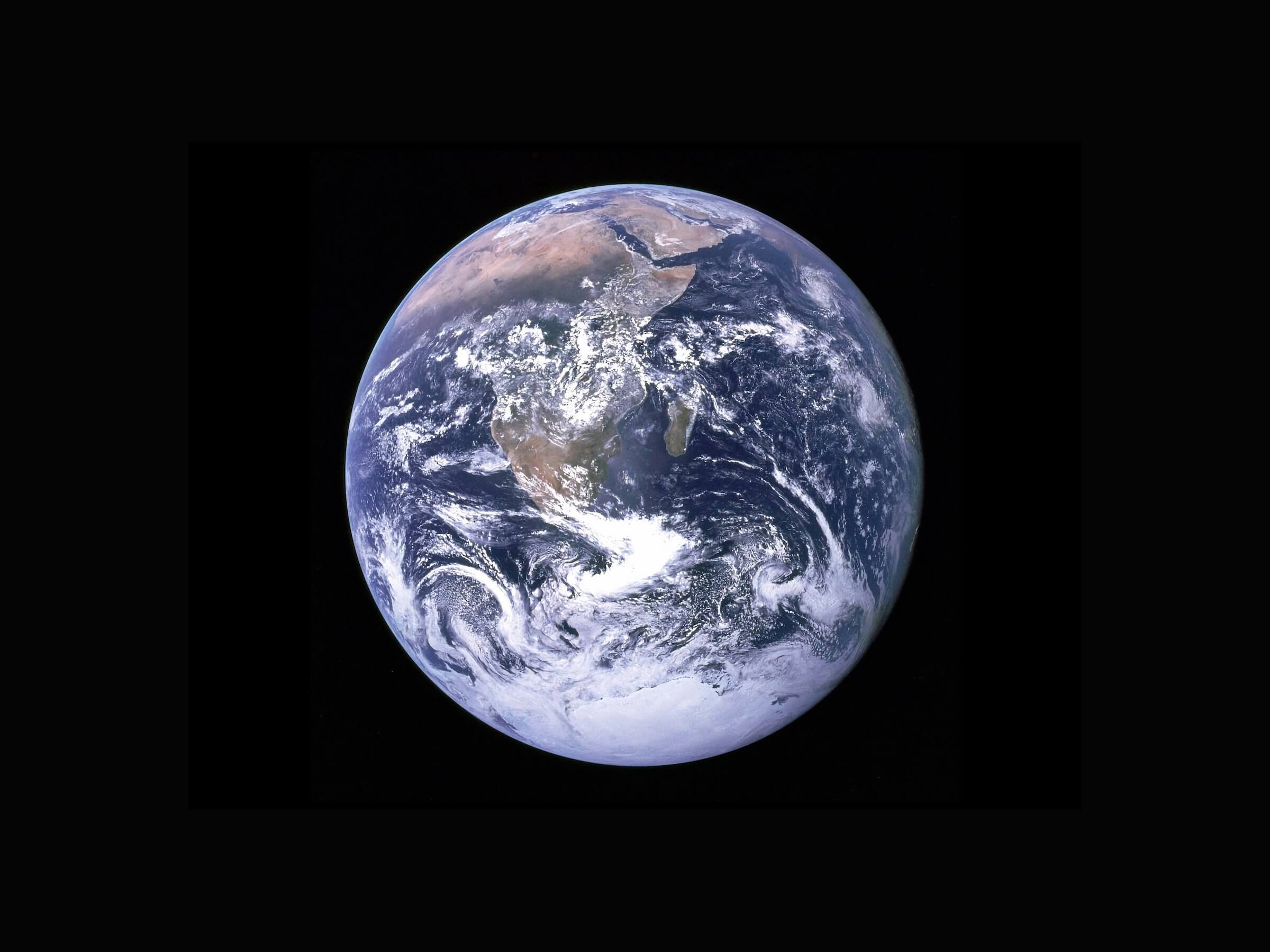Theologian's Almanac for Week of December 3, 2023
Welcome to SALT’s “Theologian’s Almanac,” a weekly selection of important birthdays, holidays, and other upcoming milestones worth marking — specially created for a) writing sermons and prayers, b) creating content for social media channels, and c) enriching your devotional life.
For the week of Sunday, December 3:
December 4 is the birthday of poet Rainer Maria Rilke, born in Prague in 1875. While living alone in Castle Duino, an old medieval fortress, he heard — as he later put it — the voice of an angel speaking to him about life, death, and beauty. He wrote two long poems that night in a single sitting, and a decade later finished the cycle of 10 long poems he dubbed the “Duino Elegies,” exploring the differences between angels and human beings, the meaning of life and death, and his conviction that the core human calling is to experience the beauty of ordinary things. The cycle begins with these lines:
And if I cried, who'd listen to me in those angelic
orders? Even if one of them suddenly held me
to his heart, I'd vanish in his overwhelming
presence. Because beauty's nothing but the start of terror we can hardly bear,
and we adore it because of the serene scorn
it could kill us with. Every angel's terrifying.
In a letter to a younger poet, Rilke famously wrote: “Be patient toward all that is unsolved in your heart and try to love the questions themselves, like locked rooms and like books that are now written in a very foreign tongue. Do not now seek the answers, which cannot be given you because you would not be able to live them. And the point is, to live everything. Live the questions now. Perhaps you will then gradually, without noticing it, live along some distant day into the answer.”
December 5 is the birthday of poet Christina Rossetti, born in London in 1830. Perhaps her most renowned poem became the lyrics for a Christmas carol, which begins:
In the bleak mid-winter
Frosty wind made moan,
Earth stood hard as iron,
Water like a stone;
Snow had fallen, snow on snow,
Snow on snow,
In the bleak mid-winter
Long ago.
December 6 is the feast day of St. Nicholas, a fourth-century bishop from Myra, in what is now Turkey; he’s the patron saint of children and sailors, renowned for his generosity. In many parts of the world, on the evening of December 5th, children put their shoes just outside their houses’ front doors — and during the night, it is said, St. Nicholas fills the shoes with presents such as sweets, chocolate coins, fruit, and nuts, to be enjoyed the next day. The figure of Santa Claus developed out of the tradition of St. Nicholas — and the custom of hanging stockings near the hearth may be a cozy homage to the placement of shoes outside.
December 6 is also the birthday of poet Joyce Kilmer, born in New Jersey in 1886. Kilmer penned the famous poem, “Trees,” which begins, “I think that I shall never see / A poem lovely as a tree” and ends this way: “Poems are made by fools like me, / But only God can make a tree.”
December 7 is the day in 1972 that Apollo 17 astronauts took the famous “Blue Marble” photograph of the Earth. It was one of the first clear images of the whole Earth, since the sun was directly behind the camera, and so the entire face of the planet was lit up in brilliant blue, white, brown, and green. The photograph quickly became a symbol of the burgeoning environmental movement. The astronauts were 28,000 miles away when they took the shot; it was the last time human beings were that far away from the Earth.
In 1948, astronomer Fred Hoyle put it this way: “Once a photograph of the Earth, taken from the outside, is available — once the sheer isolation of the Earth becomes plain — a new idea as powerful as any in history will be let loose.” In this time of climate crisis, such images may again become emblems of just how precious — and how fragile — our home truly is.
December 8 is this year’s beginning of the festival of Hanukkah, the eight-day Jewish celebration commemorating the second-century-BCE rededication of the Jerusalem Temple (“Hanukkah” means “dedication”) by the Maccabees, a small group of Jewish fighters who held out against the much larger Syrian army, who previously had invaded and captured the holy site. The story goes that there was only enough oil to light the temple’s menorah for one night — but the oil miraculously lasted for eight.
December 9 is the birthday of poet John Milton, born in London in 1608. He spent his life studying and writing, supporting himself as a civil servant, penning radical political pamphlets, and supporting the Commonwealth in the English Civil War, which eventually led to his arrest and being stripped of his property. His eyesight deteriorated, and he spent the end of his life blind, secluded in the countryside, dictating an epic poem to his assistants, line by line. That poem, some 10,000 verses long, was “Paradise Lost” — now regarded as one of the finest epic poems in English. It’s an account of the fall of Adam and Eve, and in it, Satan utters the famous line, “Better to reign in Hell than serve in Heaven.” It is said that the poem inspired Mary Shelley to write her classic novel, Frankenstein.

